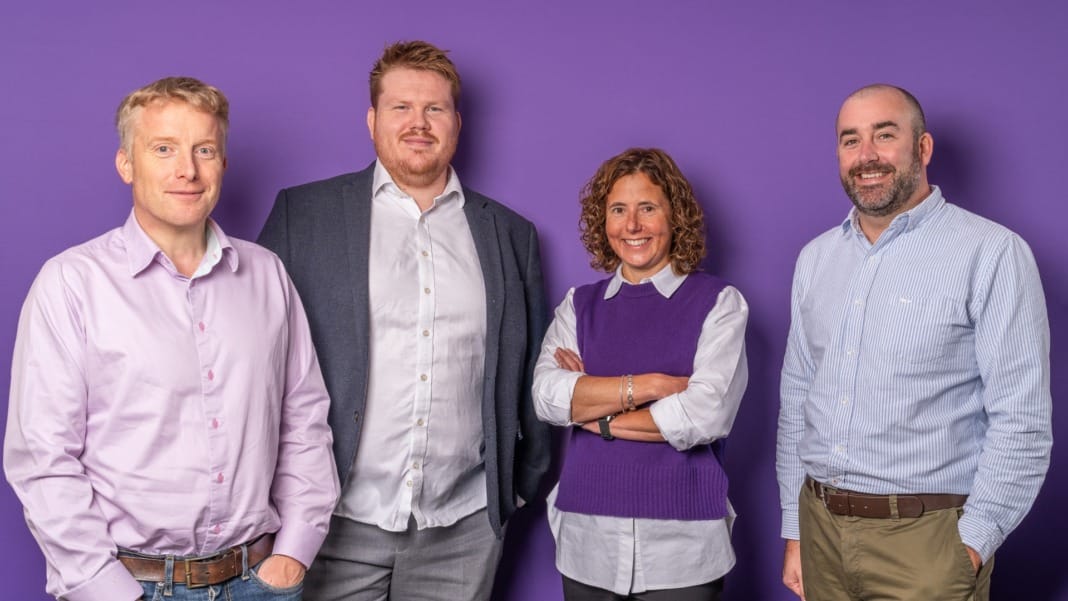Qualcomm and Google have created a standardised framework for AI-powered vehicles. The partnership, announced at the Snapdragon Summit 2024, aims to define the future of smart, software-defined cars and electric vehicles (EVs). This collaboration will reshape the automotive industry by introducing advanced AI capabilities into vehicle cockpits.
Multi-year partnership to define the future of smart cars
In a significant step towards revolutionising the automotive sector, Qualcomm has announced a multi-year partnership with Google. This collaboration focuses on developing a new framework that will set a standard for AI-driven vehicles. By combining Qualcomm’s automotive technologies, specifically its Snapdragon Digital Chassis, with Google’s solutions, including Android Automotive OS, Google Cloud, and Gemini Nano, the companies aim to create smarter, more connected vehicles.
This partnership is particularly notable for its emphasis on making smart cars more user-friendly and adaptable. Using the Snapdragon Digital Chassis will allow cars to be defined by software, making it easier to upgrade systems over time. Your vehicle’s technology could be regularly enhanced without requiring a complete hardware overhaul. This shift towards a software-first approach will enable quicker updates, improved safety features, and a more personalised driving experience.
Key technologies driving the collaboration
At the heart of this collaboration are Qualcomm’s AI Studio SDK and AI Orchestrator, both of which are designed to optimise memory, power usage, and edge performance in smart cars. These technologies will work hand in hand with Google’s automotive solutions, such as Gemini Nano, to create a standardised platform for connected vehicles.
One of the primary goals is to develop API-based services that are customisable and easy to deploy. This would simplify integrating new features and updates into cars, allowing manufacturers to offer enhanced driving experiences that can be continuously improved. The framework’s upgradeable nature means that car manufacturers can deliver new features to their customers even after the vehicles have left the showroom.
Furthermore, integrating the Android Automotive Operating System (OS) within the framework ensures the software is pre-installed and ready to use in the vehicle’s cockpit. This pre-integration with Gemini Nano will enable a seamless user experience, immediately providing drivers with cutting-edge technology.
A new standard for software-defined vehicles
The partnership between Qualcomm and Google sets the stage for a unified platform that could become the industry standard for software-defined vehicles. With this framework, cars will be able to evolve just like smartphones or other connected devices. Updates, new features, and improvements will be available to drivers in real-time, all hosted on Google Cloud for faster and more efficient deployment.
The framework is expected to support various innovative features, including enhanced digital cockpit experiences that can be upgraded. It will also include a plug-in system based on Qualcomm AI Orchestrator, making it easier for developers to create new applications and services for cars.
In addition, the partnership promises to standardise vehicle software development, making it easier for carmakers to create advanced, connected cars. By using a unified framework, manufacturers can focus on innovation rather than spending time integrating different technologies.
To sum up, this collaboration between Qualcomm and Google is set to bring about a major transformation in the automotive industry. Creating a flexible, standardised framework for AI-powered vehicles is paving the way for a new era of smart, connected cars. The future of driving is not just about hardware anymore; it’s about software that can be continuously updated to provide the best possible experience.





